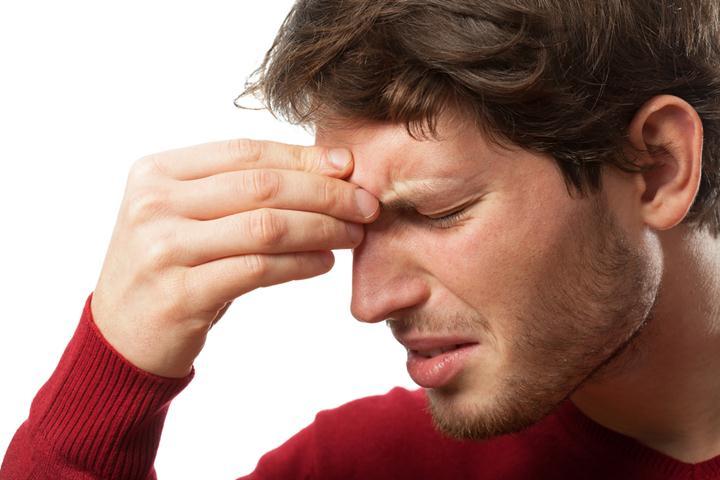You may have heard about irritable bowel syndrome (IBS), which refers to a digestive disorder that causes abdominal pain, cramping, bloating, gas, and changes in movements of the bowel. Women are affected more than men by IBS, even though this condition occurs mostly in the teens to early adulthood. It is thought to be a common and life long disorder. How can you tell if you have IBS?
Being sure of what causes IBS has become a challenge for almost everybody, including you, but it is calculated that 1 in 6 individuals experience the symptoms of IBS. In North America, this condition affects about 10-15% of people. Depending on symptoms, IBS can be diagnosed in your body, although tests might be done to discount different issues like Crohn’s disease, celiac disease, anemia, or infection.
Causes of IBS have been hypothesized from oversensitive intestinal nerves to psychological stressors. About the legitimacy of an IBS diagnosis, there is still some controversy even in the medical community since some doctors refuse to consider the condition to be real and others insist that it is a real and treatable disorder.
However, you should take IBS as a serious medical condition since it is physically based and not psychological. Besides, its symptoms are undeniable regardless of cause or legitimacy. If you are undergoing treatment, the discomfort of the symptoms of IBS is reduced. Sometimes your doctor may recommend having changes in lifestyle that might provide relief and prevent attacks. The doctor may advise you to avoid large meals, caffeine and improve your fiber intake, although lifestyle changes may be enough to offset symptoms for mild forms of IBS.
On the other hand, you may require medication to treat symptoms for more severe cases so that you can improve your quality of life. You may relieve the symptoms of IBS with drugs such as bisacodyl, loperamide, or lubiprostone. Notably, these medications are the same ones used specifically to treat diarrhea and constipation. Additionally, drugs that you can use to relieve symptoms of IBS also include antibiotics, antidepressant medication for relieving pain and discomfort, and anticholinergic medications for controlling intestinal muscle spasms. In case you experience severe depression or anxiety due to IBS, it is advisable to consider undergoing therapy.
Furthermore, you can try managing IBS with other alternative methods. Some people have claimed to succeed in using other methods rather than medication to control this condition. Several natural remedies can improve symptoms of IBS. For instance, using peppermint oil helps to relax bowel muscles. Additionally, using probiotics found in yogurt and other food products helps to lessen IBS symptoms by improving your digestion. You can also try relaxation exercises, hypnosis, and acupuncture to minimize irritable bowel syndrome.
Now, do you have IBS? Well, from the above information, you can see that there is no cure for IBS, but having proper treatment can improve symptoms altogether. However, managing symptoms of IBS by having proper treatment is extremely important even though the condition is not known to increase the risk for any other intestinal diseases or disorders.
Sourced from: Dugout
Photo by Alex Guerrero / CC by




